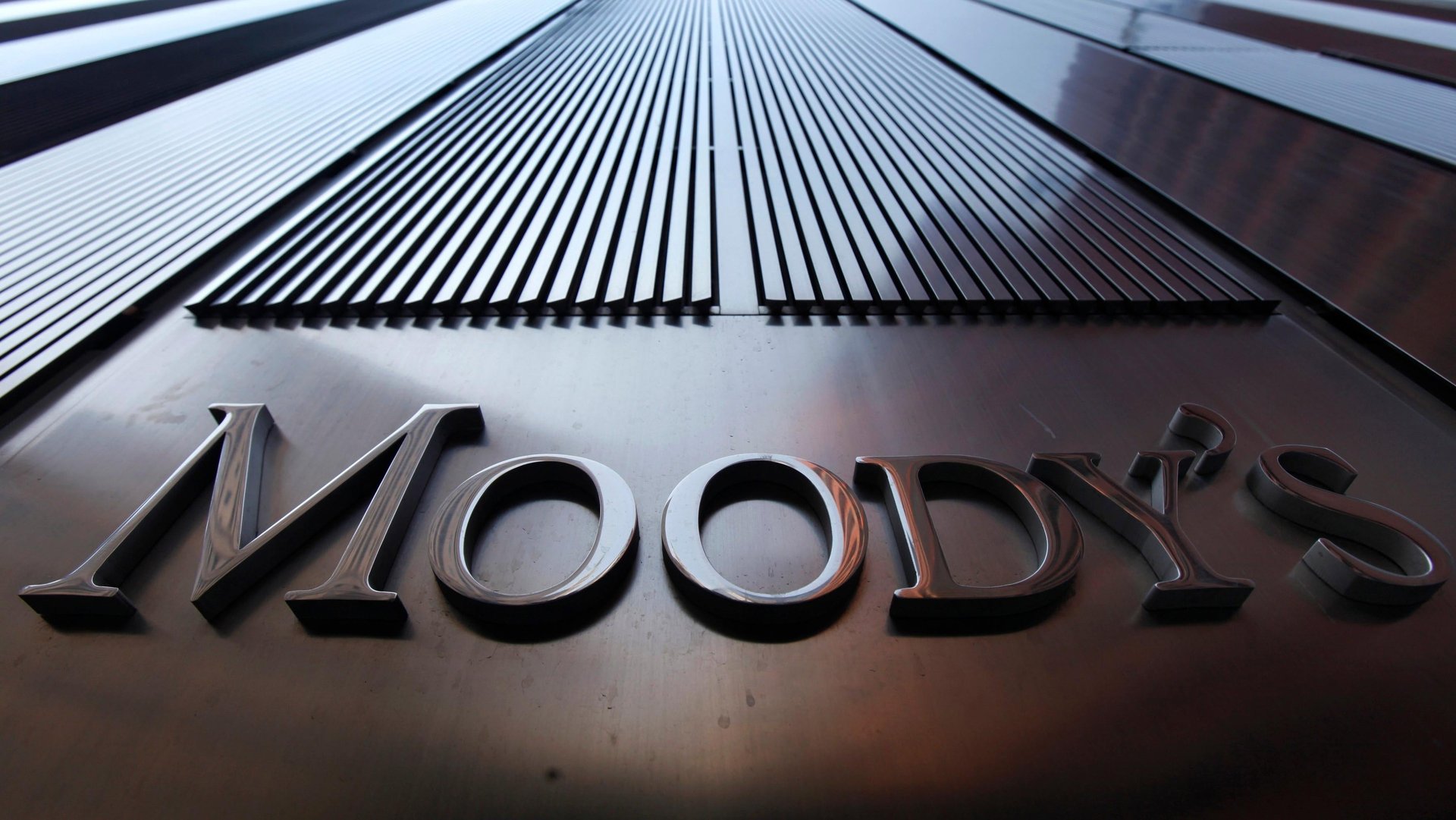AI will judge your entire financial life and Moody’s is stoked about it
The credit-rating firm provided a window into how generative AI could change its business

A lot of CEOs are highlighting AI initiatives on earnings calls with investors and analysts. Add Moody’s to the list.
Suggested Reading
The firm, which rates the creditworthiness of institutions including companies and governments, cited “GenAI” at least 33 times in its earnings call Tuesday. At a moment when generative artificial intelligence is going from buzz to actually helping companies drive revenue, that wasn’t enough to lift Moody’s stock, which fell almost 8% Tuesday after it missed earnings expectations.
Related Content
But AI remains poised to disrupt the financial services industry. Here’s what Moody’s executives have said about how its different tools are using generative AI:
- Moody’s launched the Research Assistant in December. The product combines generative AI technology with the company’s proprietary data to assist in creating credit memos, which provide insights into borrowers.
- The company also offers CreditLens, a tool that simplifies the way firms collect, analyze, and store credit data. It will be launching a generative AI-enabled capability to generate a credit memo “within seconds.” Moody’s CEO Scott Fauber said it will save loan officers and credit professionals “countless hours compiling information and generating the first draft of the documents that are produced with virtually every commercial loan.” It has its first beta customer and is in preview with other customers.
- When it comes to commercial real estate portfolio monitoring capabilities for both lenders and investors, the firm is using generative AI to enhance its commercial real estate early warning system, which identifies at-risk exposures in its portfolios and takes action before losses occur. The technology enables more integration of data sets, including the evaluation of news events in real-time.
- The company last year rolled out GitHub Copilot, an AI coding assistant tool, to more than 1,500 engineers within the company. Moody’s said that has created “efficiency gains” in the engineering budget. It also plans on rolling out AI tools for its sales teams over the next several months.
- The company said it is also working on summarizing 300-page PDFs with generative AI.
Moody’s president Michael West said the company sees generative AI as “an enabler to human judgment in the rating process.”
CEO Robert Fauber was quick to add that it will be “deliberate and transparent in the rating agency in terms of how we leverage generative AI.”
“We’re in dialogue with our regulators to make sure that they understand how we’re going to do that,” he said.
The SEC says companies need to avoid “AI washing”
The earnings came as SEC chair Gary Gensler said in a speech at Yale Law School on Tuesday that public companies must clarify for investors what they mean when referring to AI. He said companies need to be specific about how they’re using it and the risks to operations, Bloomberg reports.
In the past, Gensler has warned about the dangers the technology could pose to financial stability and has expressed concerns about thousands of financial institutions using the same AI models.
